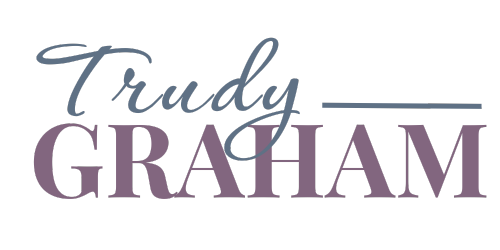What if growth came from something you cannot see on your own?
Self-awareness is foundational for effective leadership, but even the most reflective leaders have blind spots.
Blind spots are not failures. They are simply patterns, habits, or assumptions we are too close to notice. They often surface through feedback, coaching, or difficult experiences.
Now, there is another way.
Used reflectively, AI can act as a neutral observer. It analyses patterns in the way we write, speak, lead, and problem-solve. When you ask it, “What blind spots might I have?”, you invite a form of structured self-reflection.
“We all have a blind spot and its shaped exactly like us”. – Junot Diaz
I’ve shared my professional context, programs, goals and creative ideas with ChatGPT over time. Just recently, I asked, “With everything you know about me, what blind spots might I have?”
Its response surprised me:
“You often focus on strategic clarity and empowering others. However, you mention rest and recovery far less often. You may be underestimating how important it is to model sustainability in leadership.”
That made me stop in my tracks. It surfaced a pattern I thought I had overcome. While I encourage leaders to rest and rejuvenate to keep it all in balance, perhaps I’m still not walking my talk. I am doubling down on my intentions about my daily and weekly health and wellbeing routines.
What about you? Ask ChatGPT this question:
“With everything you know about me, what blind spots might I have as a leader?”
Read the response thoughtfully. Highlight what surprises you. Sit with what feels uncomfortable.
That is where growth begins.




